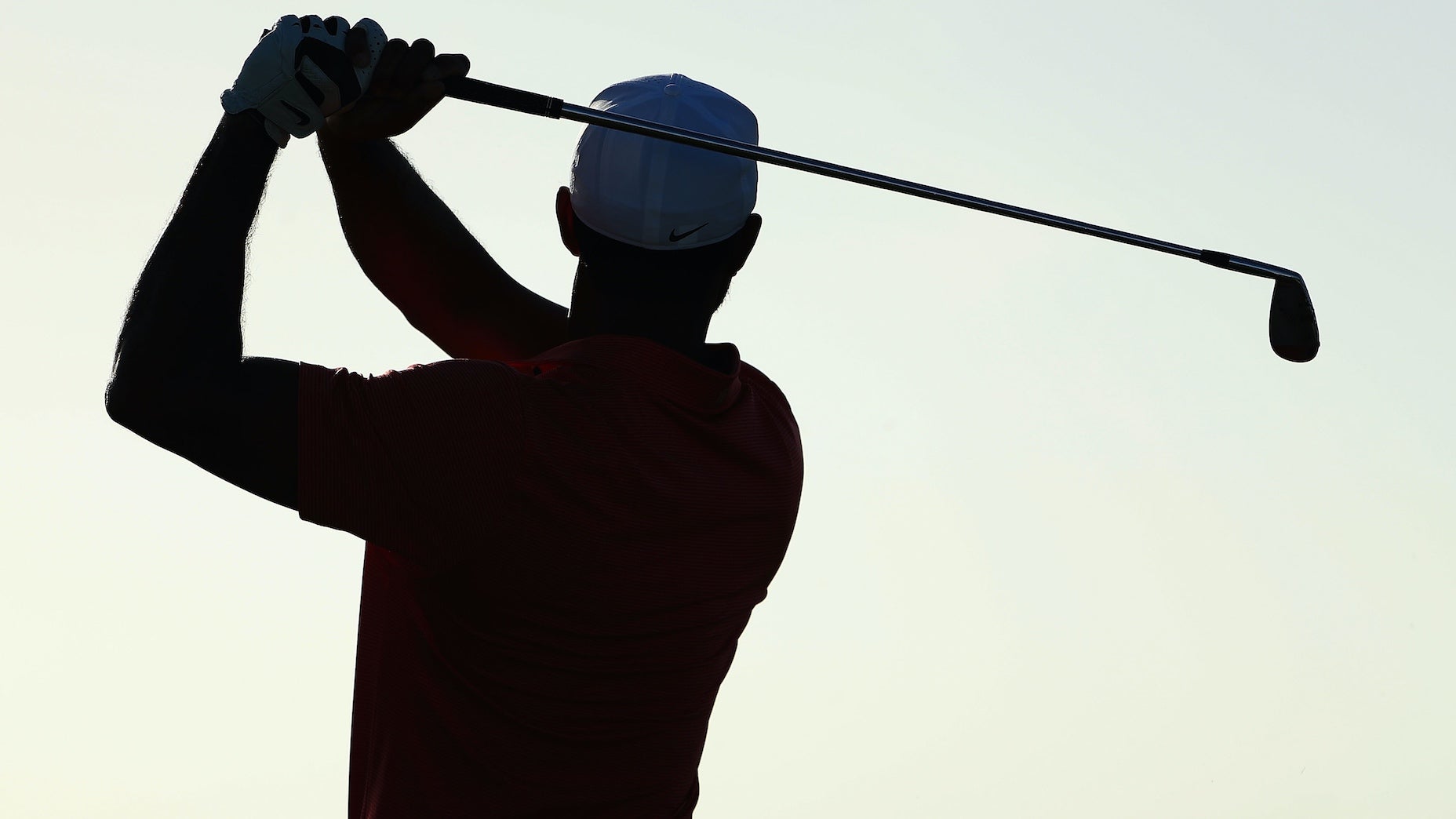The truth about swing weight and what's really important
Spend enough time around golfers and you’ll eventually hear someone say, “I can feel the difference between D1 and D2.” And hey, maybe they think they can. But as someone who’s been fitting and building clubs for over two decades, let me tell you… I can’t. And I do this for a living.
That’s not to say swing weight doesn’t matter. It absolutely does — just not in the way most golfers think.
Swing weight is a feel measurement. It tells us how the head weight of the club feels relative to the grip and shaft during your swing. That’s it. It’s not an exact science, and it’s certainly not a number you should chase or try to “match” across the board.
In fact, if you’re getting fit properly, especially in a brand-agnostic environment where you’re testing different heads, shafts and grips, you’re going to see a wide range of swing weights during your session. And you likely won’t even notice.
Why? Because your body doesn’t care about the number. It cares about feel. And performance.
So, what is swing weight, really?
Let’s keep it simple: swing weight isn’t the total weight of the club. It’s a measurement of how heavy the head feels as you swing the club.
Technically, it’s a ratio of weight distribution — how the club balances from grip to head — and it’s measured on a scale that runs from A0 to E something or other. But unless you’re building clubs or making a bar bet at the local golf shop, the number itself doesn’t mean much.
Swing weight is just one way for club builders and fitters to quantify feel. It helps us recreate a sensation you liked, so when we’re assembling your set we can get all the clubs to behave similarly. That’s really it.
What swing weight doesn’t do? Guarantee performance. If your 7-iron is a D2 and your 6-iron is a D1, and you flush both? Guess what… they’re both fine. You don’t get extra points on your card for having a perfectly matched set.
It’s all moving anyway
Now here’s the part most golfers don’t realize: swing weight is constantly shifting during your fitting. You’re swapping heads, testing different shafts, trying new grips, and all of those things affect swing weight:
– Heads vary in weight depending on model, loft and internal design
– Shafts have different weights and different balance points
– Grips come in a wide range of weights, even within the same size
– Playing length: longer clubs feel heavier, shorter clubs feel lighter
So yeah, if you’re trying five different combos in a fitting, you’ve also hit five different swing weights. Did you notice? Probably not. You noticed what felt good. You noticed what launched the ball better, what flew straighter, what sounded and felt right. That’s what matters. The number is just the math behind the feel.
All of our market picks are independently selected and curated by the editorial team. If you buy a linked product, GOLF.COM may earn a fee. Pricing may vary.
True Spec Golf Summer Fitting Promotion
The 2 biggest club-feel killers
Want to know how golfers unknowingly mess up swing weight — and totally change the feel of a club — after their fitting?
1. Grips
Changing grips can absolutely wreck the feel of a club if you’re not paying attention. Here’s why: every 5 grams of grip weight alters the swing weight by about 1 point. So, if you were fit with a standard 50g Tour Velvet, and you swap in a 66g MCC Plus 4 midsize without telling your builder, you’ve just dropped swing weight by more than 3 points. The head will now feel lighter, the load in your swing changes, and it won’t feel like the club you fell in love with during the fitting.
2. Length
Every half inch of club length adds or subtracts about 3 swing weight points. Meaning, if you cut your driver down for “control” AND toss on a heavier grip while you’re at it, you might be dropping swing weight by 6 or 7 points. That’s a totally different club in feel and performance… whether you meant to or not.
And for what it’s worth? Most players don’t feel a 1-point difference. Some can’t even feel 3 or 4. But they know when a club feels wrong. And it usually has nothing to do with a number; they just know it doesn’t swing the same.
Feel first. Then build around it
Let’s be clear: weight matters. But not in the way that makes every club in your bag need to be D2. What matters is which weight helps you find the center of the face more often. Once you find it, we match it. We build to it. That’s where swing weight is valuable. It’s the result, NOT the starting point.
If you hit your best shots with a club that happened to be D0 or D5, then that’s your swing weight. Stick with it until your game or your body tells you it’s time for a change. And if you need to make grip or length adjustments, do it through your fitter, because that one little change can quietly undo a perfectly fit club.
Your job vs. our job
Your job? Tell us what feels good. Swing the club. Be honest in your feedback.
Our job? Worry about the numbers. We’ll make sure your final build matches the feel and performance you had during your fitting. And we’ll know how to tweak swing weight, if it even needs tweaking, without throwing off the balance.
So no, you don’t need to stress over swing weight. You don’t need to memorize your club’s number. You just need to swing the one that helps you play better golf.
Let the club do the talking
Let’s all agree to stop obsessing over the number stamped on a build sheet. You’re not trying to impress a scale. You’re trying to play better golf.
If you’re serious about dialing in your gear, do yourself a favor: get fit. Not by your buddy in the garage, not by someone guessing off your handicap, but by a professional in a brand-agnostic environment. A professional fitter with all the right tools and zero assumptions.
At True Spec Golf, we don’t chase swing weights. We chase results. We’ll walk you through the process, test the right combinations and build your set to match what actually works for you, not just what someone on a forum said you should play.
Book a fitting, bring an open mind, and swing what feels right. We’ll take care of the rest.
Find your nearest True Spec location and schedule your fitting today.
The post The truth about swing weight and what’s really important appeared first on Golf.



